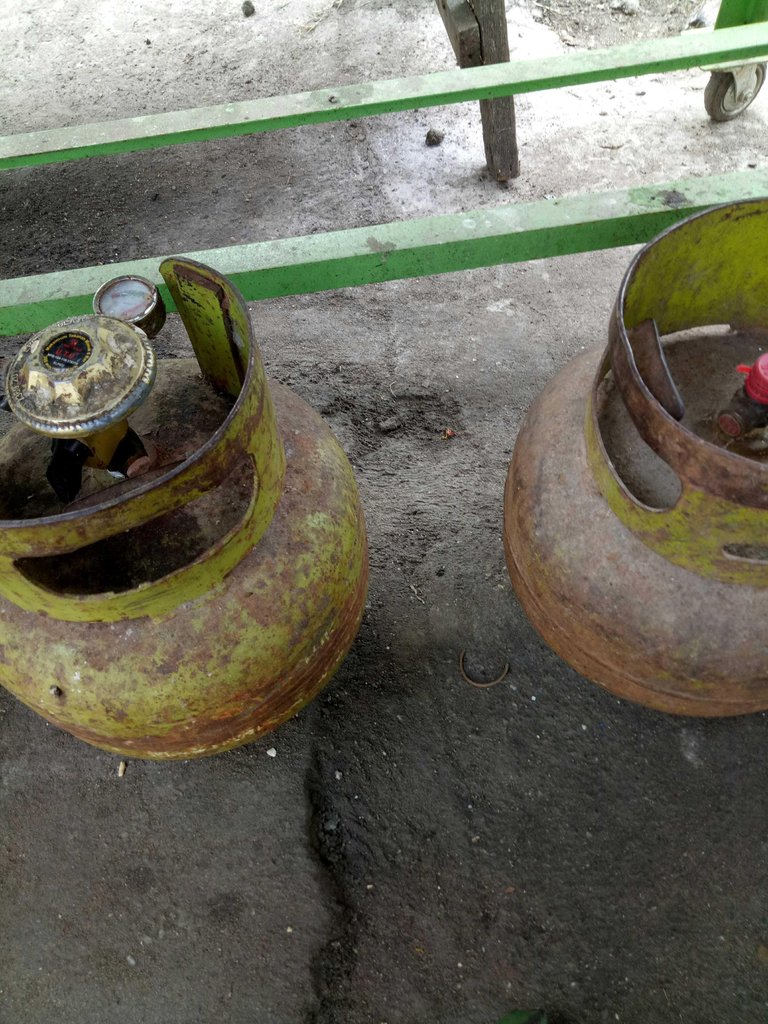Natural gas
Natural gas is a vital component of world energy supply. Natural gas is an important source for production of both fuel and ammonia (ammonia is a vital component for fertilizer production). Similar to crude oil and coal, natural gas is a fossil fuel derived from the remains of plants, animals and microorganisms, stored underground for millions of years. But unlike other fossil fuels, natural gas is one of the cleanest (low carbon intensity) energy sources, the safest and most useful of all energy sources.
The two largest natural gas producers in the world (the United States and Russia) together contribute nearly 40% of total world gas production.


An important image of natural gas is that this fuel plays a significant role in most sectors of the world economy (industry, electricity generation, commercial and residential). What's more, due to the fact that there are many natural gas reserves in the world - which can be developed and produced without the need for large investments - natural gas is likely to become increasingly important in the future because most countries want to reduce dependence on expensive and inhospitable energy sources environment like oil. At present, natural gas contributes around 23% of the world's primary energy sources.
NATURAL GAS IN INDONESIA
Gas Production and Consumption in Indonesia
Indonesia has a large natural gas reserve. At present, the country has the third largest gas reserve in the Asia Pacific region (after Australia and the People's Republic of China), contributing to 1.5% of total world gas reserves (BP Statistical Review of World Energy 2015).
Most Indonesian gas production centers are located offshore. The biggest of them are:
- Arun, Aceh (Sumatra)
- Bontang (East Kalimantan)
- Tangguh (Papua)
- Natuna Island
Indonesia produces about twice the amount of natural gas consumed. However, this does not mean that domestic gas production meets domestic gas demand. In fact, there is a lack of gas for domestic industries in Indonesia. The State Gas Company (PGN) has not been able to meet domestic demand.